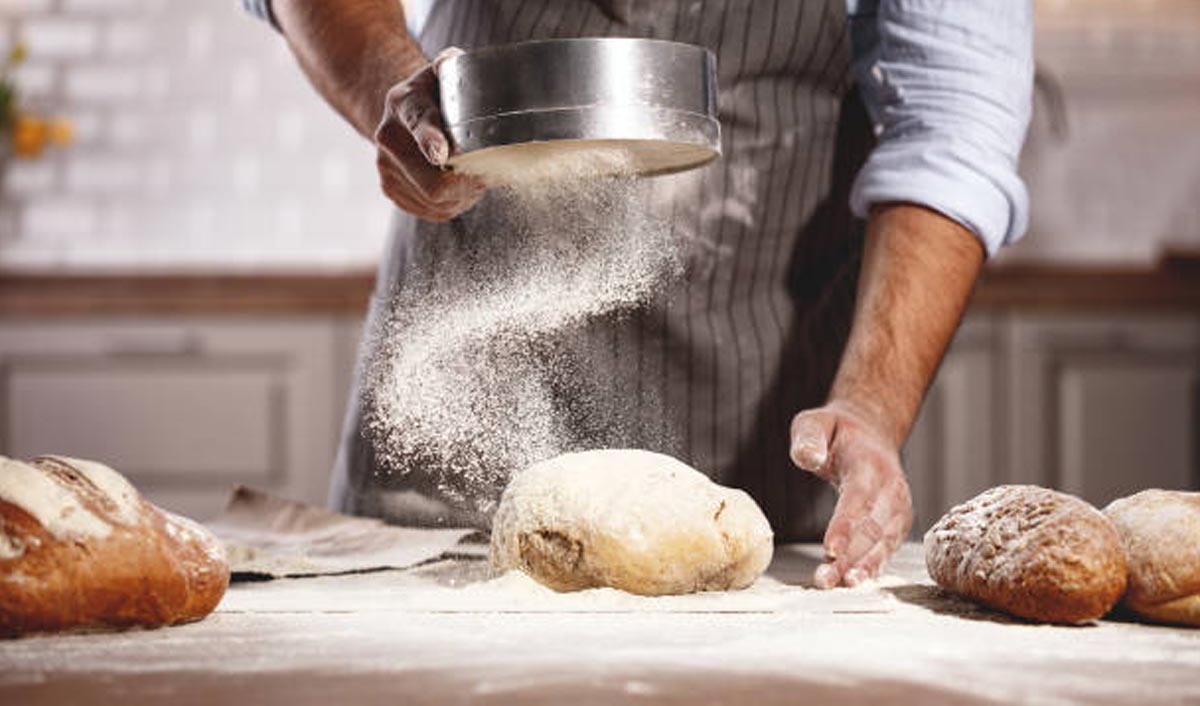As Mumbai’s July 8 deadline for mandatory fuel transition draws near, the city’s push for cleaner air through curbing coal and wood usage in bakeries faces serious resistance. Despite repeated notices and awareness campaigns, only 48 out of 356 traditional bakeries have made the shift to cleaner alternatives such as piped natural gas (PNG), compressed natural gas (CNG), or electricity, according to data from Brihanmumbai Municipal Corporation (BMC).
The directive, rooted in a Bombay High Court order, mandates all bakeries using solid fuels—chiefly coal and wood—to move to eco-friendlier options to combat rising levels of particulate pollution. Those failing to comply by the July deadline risk closure. Senior civic officials have confirmed that show-cause notices will be issued to all defaulting establishments, and enforcement action will be swift and non-negotiable.
The situation is further complicated by similar notices sent to over 440 restaurants that operate charcoal tandoors, another significant contributor to PM2.5 emissions in Mumbai’s air. The Bombay Charcoal Merchant’s Association has already moved the High Court seeking relief for tandoor operators, and many bakery owners are reportedly delaying action in the hope of similar leniency.According to civic sources, bakery units and roadside eateries burning scrap wood or cheap coal remain among the city’s top sources of toxic fine particulate matter. These emissions are known to penetrate deep into the lungs and bloodstream, triggering asthma, heart disease and other chronic respiratory ailments. Some vendors even resort to burning furniture waste or chemically treated wood, compounding the environmental hazard.
Despite low compliance, officials remain cautiously optimistic. “Several more bakeries have expressed willingness to switch before the deadline, and we are facilitating that transition,” said a senior civic officer. Authorities have been working with utility companies to streamline PNG connections and have offered to waive security deposits in select cases, particularly for micro-enterprises operating on tight budgets.Yet, the challenge is not just infrastructural—it is behavioural. “A cultural shift is required in how smaller food businesses view sustainability. There’s reluctance to change what has worked for decades, even if it comes at the cost of public health,” noted an environment department official involved in the awareness drive.
The BMC’s initiative, while drawing resistance from parts of the industry, is part of a broader attempt to align urban food operations with national clean air goals and public health mandates. Though enforcement will begin post-July 8, civic officials stress that this should not be viewed as merely punitive but as a city-wide effort toward a healthier, breathable Mumbai.
In the final stretch before the deadline, the spotlight is on whether a critical mass of bakeries will make the switch—voluntarily or under compulsion—and whether Mumbai can turn this push for cleaner air into a lasting behavioural transformation across its informal food sector.
Also Read : India Nears Half NonFossil Power Capacity


